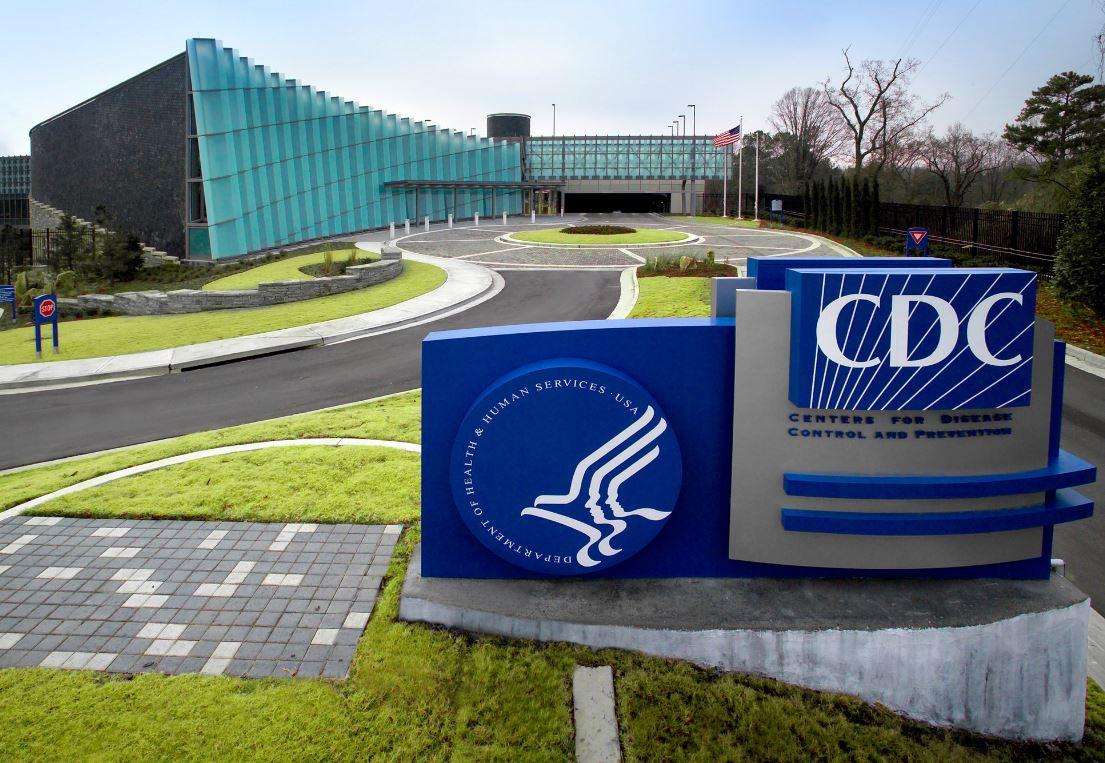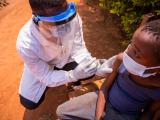A Washington Post story published over the weekend about seven words (or phrases) banned from US Centers for Disease Control and Prevention (CDC) budget documents—vulnerable, entitlement, diversity, transgender, fetus, evidence-based, and science-based—has triggered a strong backlash, including today from infectious disease medical groups.
The Post story, published the evening of Dec 15, was based on a report from an unnamed policy analyst at the CDC who took part in a meeting with the agency's budget officials the day before. At that meeting, the agency learned of words prohibited for use in the CDC's budget proposal to be submitted to the Office of Management and Budget, which decides what to include in the president's 2019 budget.
According to the Post, for some of the words, CDC analysts were given alternative terms to use.
Firestorm erupts on social media
The report prompted widespread outrage, especially on social media among members of the science and public health communities who raised concerns about censorship of the nation's flagship public health agency, the politicization of science, and the adverse impact on certain groups. In the wake of the story, other news outlets said a similar budget document language request was made to the US Department of Health and Human Services (HHS), which oversees the CDC.
The reports were followed by a statement, cited by media outlets, from HHS spokesman Matt Lloyd that called the assertion that HHS had banned words as a "complete mischaracterization" of discussions about the budget, adding that HHS would continue to use the best science available to protect the health of Americans.
Yesterday, CDC Director Brenda Fitzgerald, MD, in Twitter posts, acknowledged concerns prompted by the media reports, saying the CDC is committed to its public health mission as a science- and evidence-based institution. She reiterated the HHS statement, which also said the department also strongly encourages the used of outcome and evidence data in program evaluations and budget decisions.
"I want to assure you there are no banned words at CDC. We will continue to talk about all our important public health programs," Fitzgerald tweeted. However, she did not dispute the media reports.
Yesterday, an unnamed HHS source told Stat that the CDC had not been barred from using the seven words, but rather that the meeting covered guidance or suggestions regarding certain words or phrasing that might be more likely to gain support from the current Congress.
Groups worry over short-, longer-term impacts
As individuals and groups continue to weigh in today, three infectious disease organizations issued a joint statement that said they were deeply concerned about reports that budget documents submitted to Congress by the CDC may be censored for certain terms. And they called elected officials to bar any censorship that prohibits accurate communication by the CDC or any other federal agency.
The groups are the Infectious Diseases Society of America, the HIV Medicine Association (HIVMA), and the Pediatric Infectious Diseases Society (PIDS).
"Censorship driven by political means vested in ideology rather than science threatens to disrupt a prime goal of government: protecting public safety," the groups wrote, adding that its far-reaching impact could affect the country's health and its trust in government.
The groups also worry that the budget language requests might make federal agencies hesitant to request money for science-based public health requests that are politically controversial. For example, they said transgender people have multiple health challenges that affect not only their personal health, but also those of the wider community. And they said "fetus" is a scientific word needed for investigating ways to protect women and infants from Zika virus and its potentail congenital consequences or babies and children in the wake of the opioid epidemic.
The groups also raised other concerns about restricting budget documents. "When ideology, fear, and ignorance dominate discourse in the public health arena, consequences are deadly," they wrote, noting that the federal government's unwillingness to acknowledge the appearance of HIV three decades ago enabled the disease to spread further and faster.
The source in the Washington Post report said budget officials recommended replacing "evidence-based" or "science-based" with the phrase "science in consideration with community norms and standards," which the three groups today called dangerous and misleading. For example, they said community sentiments could result in higher rates of unimmunized children, which could fuel more outbreaks of measles and other diseases.
"Conversely, our national responses to Ebola virus and more recently Zika virus demonstrate how outbreaks can be quickly and effectively controlled using evidence-based techniques," they wrote. "While community concerns should be acknowledged, they should not override compelling scientific findings."
See also:
Dec 15 Washington Post story
Dec 16 New York Times story
Dec 17 Stat story
Brenda Fitzgerald's Twitter feed
Dec 18 IDSA/HIVM/PIDS statement




















